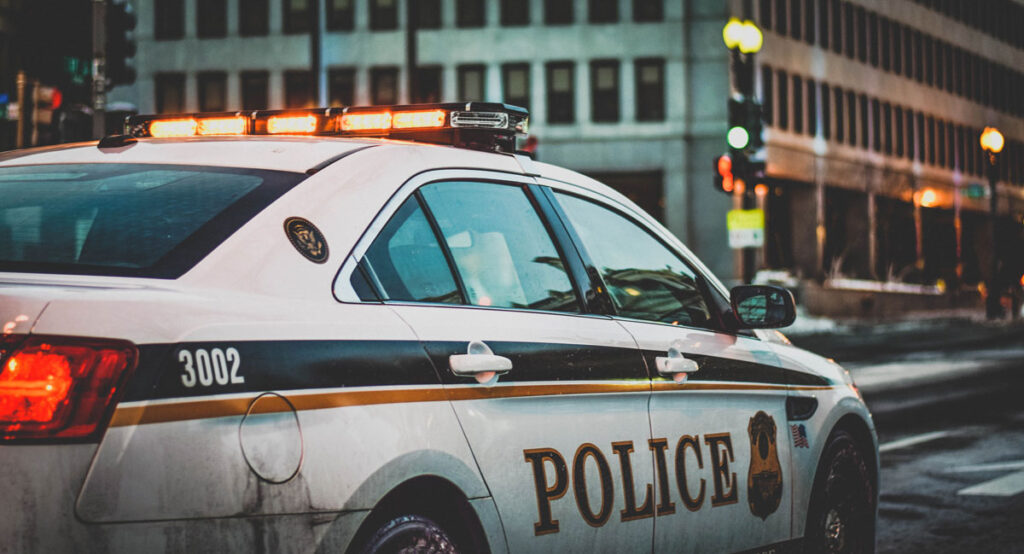The International Association of Chiefs of Police (IACP) recently passed a resolution that endorses the Model Alarm Ordinance as a tool for promoting “bests practices” to achieve a reduction in alarm dispatches and recommends the ordinance to its 31,000 members in 165 countries.
The ordinance, already in use in approximately 1,000 jurisdictions, was developed and tested in a cooperative effort between the Security Industry Alarm Coalition (SIAC), the IACP, and the National Sheriffs’ Association.
The IACP resolution notes that the organization “recognizes the need for and value of enforcement tools and alarm management processes recommended in this Model Ordinance to achieve the desired reduction in alarm dispatches experienced by police agencies.”
“When fully implemented and enforced, the Model Ordinance results in an approximate 60% reduction or more in alarm dispatches,” said Stan Martin, SIAC Executive Director. “The ordinance focuses on the very small percentage of systems that cause problems for law enforcement and takes into account that 85% of alarm systems generate no dispatches in any given year.”
The Model Ordinance incorporates best practices that have proven to reduce calls for services, including:
• ECC – Enhanced Call Confirmation (previously called Enhanced Call Verification or ECV) – Two calls to different numbers to determine the cause of the alarm and whether a dispatch is required. Video, audio, and other means of confirmation are also included in the referenced ANSI CS-V01 standard in the Model Ordinance.
• Requiring Alarm Permits w/fees – Registration for security systems is critical for the effective management of alarm programs.
• Limiting Free Responses/fines – Setting reasonable fines for alarm dispatches can be a significant deterrent to the occasional offender. Allowing a maximum of two free responses before incurring fines is advisable. Utilizing one free response will yield even higher dispatch reductions.
• Ceasing Response to Chronic Abusers – The industry supports stopping response to the chronic abusers while including a reasonable appeal and restoration process.
• Accepting Cancellations – Allowing calls to be canceled if originating party verifies response is not needed.
“SIAC recognizes and supports the importance of a strong relationship between law enforcement and the private sector,” said Martin. “As the industry’s voice on electronic security issues, SIAC is committed to continuing its decades-long collaboration with leading law enforcement organizations such as the IACP to support our shared mission to protect lives and property.”
For more information, go to www.SIACinc.org, www.siacinc.wordpress.com, or follow on www.twitter.com/siacinc.
- SIAC Receives Financial Support from Integrators Association of Florida - March 3, 2025
- SIAC Names Respected Law Enforcement Veteran as New Executive Director - January 13, 2025
- Industry Veteran George Bish Joins SIAC Board Representing TMA - January 3, 2025

